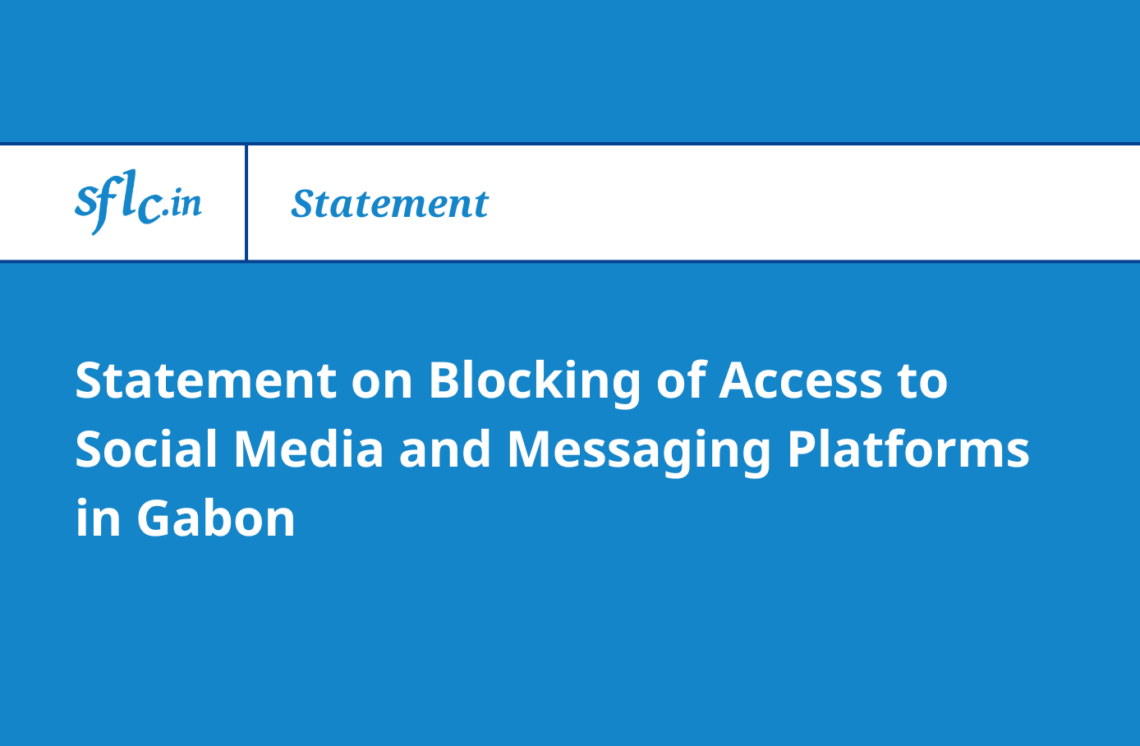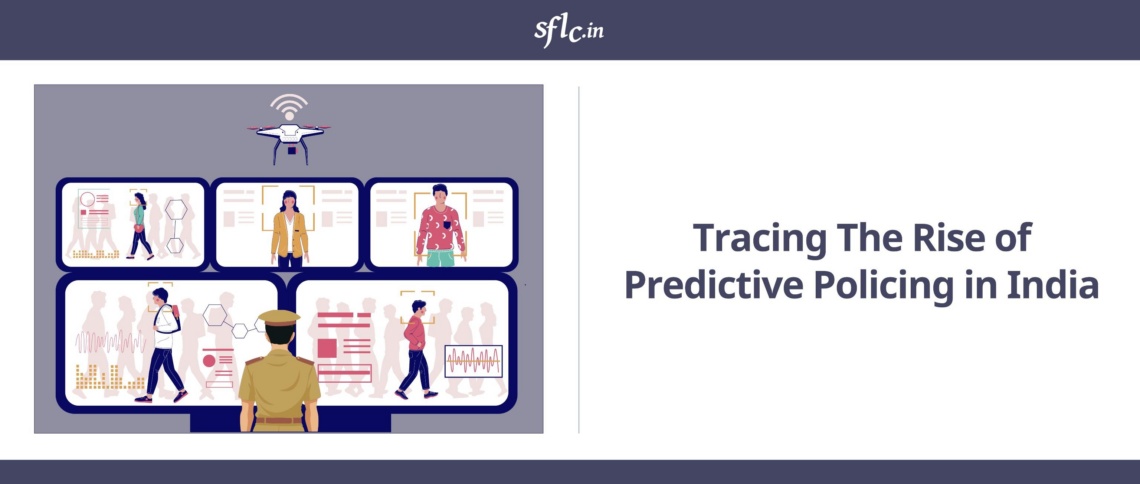Subramaniam Swamy, petitioner, is a politician from the State of Tamil Nadu. The petitioner has challenged provisions of the Indian Penal Code that criminalize defamation in India, namely Section 499 (defines defamation1) and Section 500 (provides punishment for the offense2) before the Supreme Court of India. The petition also challenges Section 199(2) of the Criminal Procedure Code, which provides that a Court may take cognizance of an offense relating to defamation on a mere complaint made by a public prosecutor when an offense is alleged to have been committed against the President of India, the Vice- President of India, the Governor of a State, the Administrator of a Union Territory or a Minister of the Union or of a State or of a Union Territory, or any public servant employed in connection with the affairs of the Union or of a State in respect of his conduct in the discharged of his public functions. According to the petitioner these provisions cast an unreasonable restriction on free speech, one that falls beyond Article 19(2) of the Constitution of India.
The petitioner submits that in a democratic body polity, public opinion, public perception and public criticism, are the three fundamental pillars to guide and control the Executive action and, if they are scuttled or fettered or bound by launching criminal prosecution, it would affect the growth of a healthy and matured democracy. The petitioner further submits that fundamental rights of liberty and free speech are controlled and not absolute as per the Constitution, but in the name of control the freedom of speech that pertains to criticism of certain governmental actions cannot be gagged.3 It is the contention of the petitioner that the Executive does not permit expression of public opinion, by instituting cases of defamation through the public prosecutors by spending the sum from the State exchequer which is inconceivable.
The matter, which is being heard by a bench comprising Justices Dipak Misra and Uday Umesh Lalit, is currently pending counter comments from the respondents’ side. However, at the hearing, Mr. Narsimha – the Additional Solicitor General appearing on behalf of State of Tamil Nadu – submitted that Sections 499 and 500 could not be said to travel beyond reasonable limits on free speech, because Article 19(2) itself imposes such a restriction.4 Senior Counsel T.R. Andhyarujina, who has been appointed as amicus curiae in this petition submitted that there has to be a debate with regard to the conceptual meaning of the term ‘defamation’ used in Article 19(2) of the Constitution and ‘defamation’ in Section 499 of the Indian Penal Code. Further Senior Counsel K. Parasaran, who has also been requested to assist the Court pointed out that the freedom of speech and expression has to be a controlled one and does not include the concept of defamation as defined under Section 499.5
Apart from Subramaniam Swamy vs. Union of India, 18 other petitions have been filed seeking quash criminal provisions for defamation, including those of Chief Minister Arvind Kejriwal, Congress Vice President Rahul Gandhi, DMDK Leader Vijaykanth. All of these petitions, which are being heard together, were listed before the SC on 8th of July 2015. At the hearing Attorney General Mukul Rohatgi suggested that the petitions be heard before a Constitutional Bench for consideration under Article 19(2) of the Constitution. While Senior Counsel T.R. Andhyarujina supported the Attorney General’s suggestion, the Bench objected to it. Justice Dipak Mishra referred to judgments in the Naz Foundation case and Shreya Singhal’s case, which were delivered by two judge benches and asked the Attorney General why every case requiring an interpretation of the law must be referred to a Constitutional bench. The Bench further stated that “several petitions had cited a number of countries where criminal defamation has been abolished. This raises the question whether abolition of criminal action in other countries can really have effect when the court decides on the constitutional validity of a provision, regard being had to India’s own written and organic constitution.” Attorney General Rohatgi pointed out “We are not like other countries. Here you can file a suit and it will drag on for another 20 years. Nobody cares. In criminal defamation, there is some deterrence. In countries like the UK civil action is more onerous than criminal action.” However Senior Counsel T.R. Andhyarujina countered the Attorney General stating “There is no doubt criminal defamation deters people from practicing freedom of speech and expression. A number of persons, mostly politicians are facing criminal proceedings for making statements against their opponents.” The government has been given three days to file its response and the case has been scheduled for the 14th of July 2015.
Details of the other petitions challenging criminal defamation are as follows:
1. Vijayakant vs. City Public Prosecutor & Ors. [W.P. (Crl) No. 8/2015]
2. Suryakant Gupta & Ors. vs. Union of India & Ors. [W.P. (Crl) No. 19/2015]
3. B. Parthasarathy etc vs. Union of India & Ors Etc [T.P. (Crl) No. 102-105/2015]
4. Vijay Kant vs. Union of India & Ors. [T.P. (Crl) No. 94-101/2015]
5. Arvind Kejriwal vs. Union of India, Ministry of Law and Justice & Ors. [W.P. (Crl) No. 56/2015)
6. R.K. Jhunjhunwala & Anr. vs. Union of India & Ors. [W.P. (Crl) No. 64/2015]
7. Milap Chandra Jain vs. State of U.P. and Anr. [W.P. (C) No. 218/2015]
8. Arvind Kejriwal vs. Union of India & Ors [W.P. (Crl) No. 62/2015]
9. Manoj Kumar Sonthalia and Ors. vs. Union of India & Ors. [W.P. (Crl) No. 63/2015]
10. Milap Chandra Jain vs. State of U.P. & Anr. [SLP (Crl) No. 2295/2015]
11. Rahul Gandhi vs. Union of India and Ors. [W.P. (Crl.) No. 67/2015]
12. Rakesh Sharma and Ors. vs. Union of India and Anr. [W.P. (Crl) No. 79/2015]
13. Manoranjana Sinh vs. Union of India and Anr. [W.P. (Crl) No. 73/2015]
14. Vijay Pandurang Patil vs. Union of India and Ors. [W.P. (Crl) No. 82/2015]
15. Varun Bhandari Gugnani & Ors. vs. Union of India and Ors. [W.P. (Crl) No. 80/2015]
16. Nakheeran Gopal vs. Union of India & Ors. [W.P. (Crl) No. 77/2015]
17. Rajdeep Sardesai and Ors. vs. Union of India and Anr. [W.P. (Crl) No. 91/2015]
18. Tina Ahuja vs. Union of India and Anr. [W.P. (Crl) No. 98/2015)
1http://indiankanoon.org/doc/1041742/
2http://indiankanoon.org/doc/1408202/
3http://supremecourtofindia.nic.in/outtoday/wr18414p-2014_10_30.pdf
4Article 19(2) in The Constitution Of India 1949- (2) Nothing in sub clause (a) of clause ( 1 ) shall affect the operation of any existing law, or prevent the State from making any law, in so far as such law imposes reasonable restrictions on the exercise of the right conferred by the said sub clause in the interests of the sovereignty and integrity of India, the security of the State, friendly relations with foreign States, public order, decency or morality or in relation to contempt of court, defamation or incitement to an offence. (emphasis supplied)
5http://courtnic.nic.in/supremecourt/casestatus_new/querycheck_page2.asp



